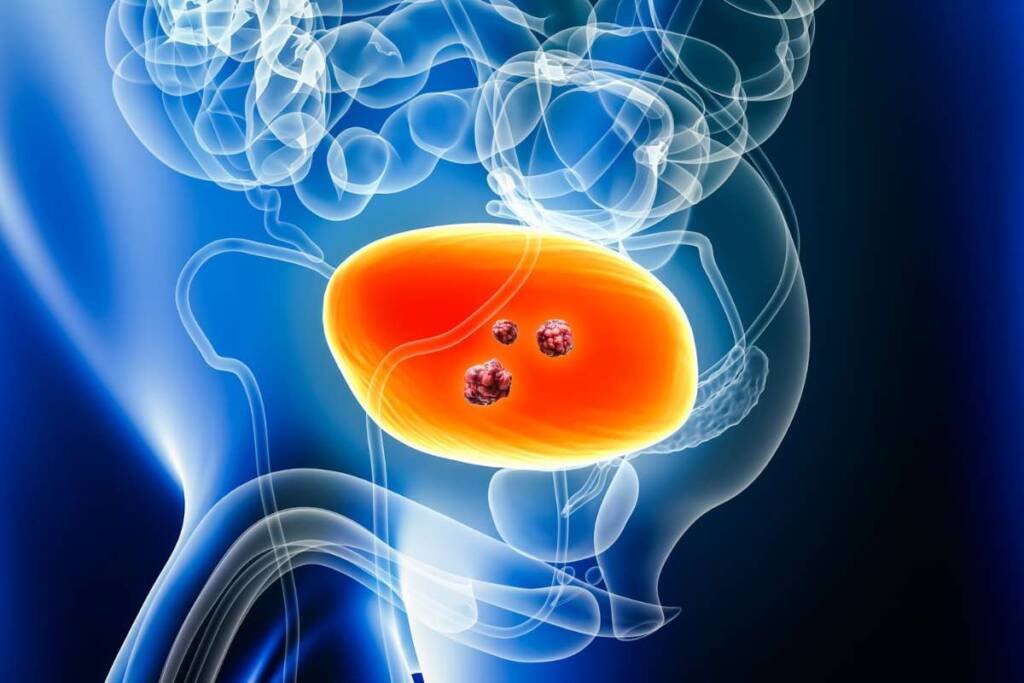Source –Bristol-Myers Squibb
Nivolumab plus chemotherapy showed statistically significant and clinically meaningful improvements in progression-free survival (PFS) and overall survival (OS) in patients with unresectable or metastatic urothelial carcinoma.
The results of a substudy of the Phase III CheckMate-901 clinical trial (NCT03036098) showed that nivolumab (Opdivo) in combination with cisplatin-based chemotherapy was more effective than standard-of-care cisplatin-based regimens in first-line patients with this type of cancer.
The substudy included 608 patients who were randomized to receive either nivolumab 360 mg with chemotherapy or chemotherapy alone. The results showed that nivolumab plus chemotherapy significantly improved PFS by 2.4 months (11.1 vs 8.7 months) and OS by 1.3 months (22.1 vs 20.8 months).
Chemotherapy and immune checkpoint blockade are two essential treatment approaches for metastatic urothelial cancer. Previous studies in other types of solid tumors have shown improved outcomes when combining chemotherapy and immune checkpoint blockade, leveraging the immunomodulatory effects of chemotherapy. Consequently, similar trials were conducted in metastatic urothelial cancer. However, these trials did not yield better results for patients with metastatic urothelial cancer. One key factor in these studies was the inclusion of both cisplatin-eligible and cisplatin-ineligible patients in the same trials. Notably, these trials indicated that immune checkpoint blockade may be more effective when combined with gemcitabine plus cisplatin rather than gemcitabine plus carboplatin. Additional translational analyses further supported this concept, confirming its validity.
“Today’s news is yet another example of the power of immunotherapy combinations to transform outcomes for patients with cancer. [Nivolumab] with cisplatin-based chemotherapy is the first immunotherapy-based combination to improve both overall survival and progression-free survival in patients with previously untreated unresectable or metastatic urothelial carcinoma who are eligible for cisplatin-based chemotherapy, reinforcing the benefits of Opdivo-based treatments seen across a variety of genitourinary cancers, including durable survival in advanced renal cell carcinoma and a reduced risk of recurrence in resectable muscle-invasive urothelial carcinoma. We are encouraged by these positive results and remain steadfast in our commitment to bringing new solutions to patients with high unmet needs.”
– Dana Walker, MD, MSCE, vice president, global program lead, genitourinary cancers, Bristol Myers Squibb
The safety profiles of nivolumab and chemotherapy were consistent with what is known about these agents. Further assessment of the data is ongoing, and full results will be shared with regulatory authorities and presented at an upcoming medical conference.
The results of this substudy are promising and suggest that nivolumab plus chemotherapy may be a better option than standard-of-care therapy for patients with unresectable or metastatic urothelial carcinoma.





























